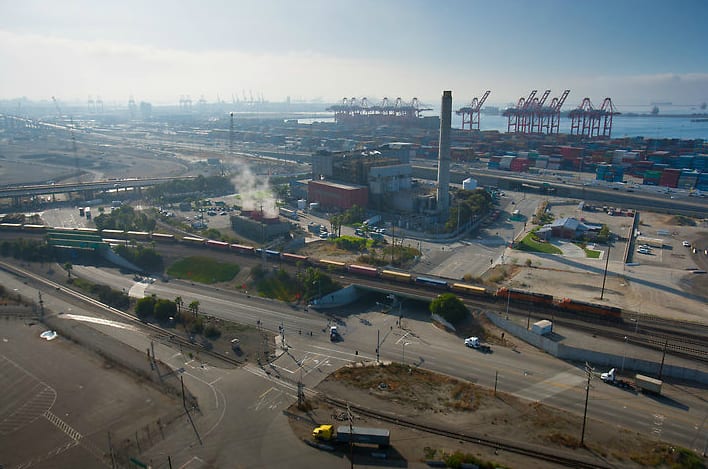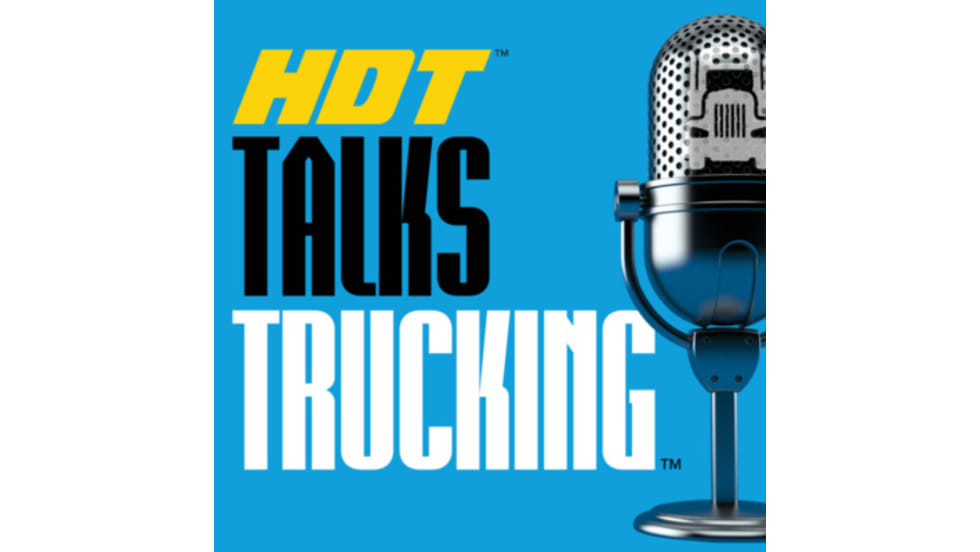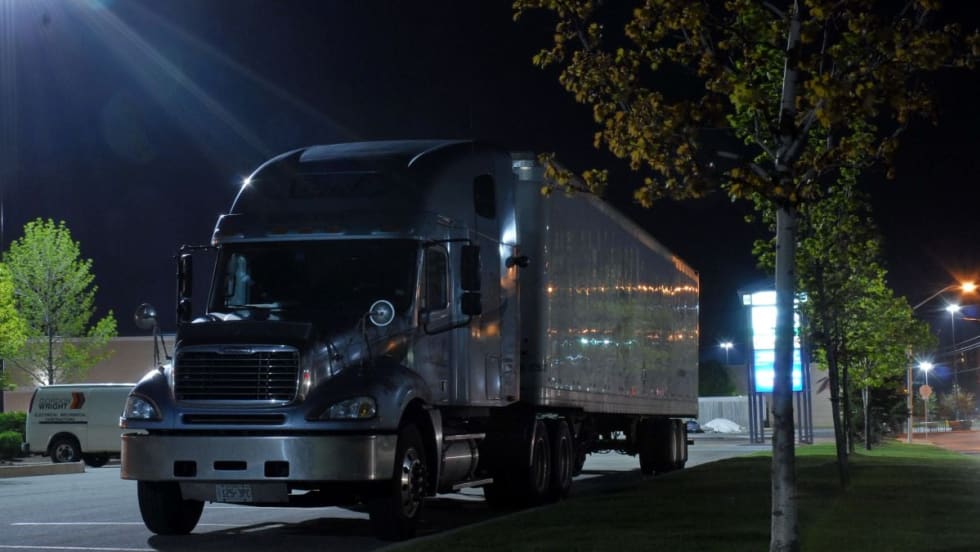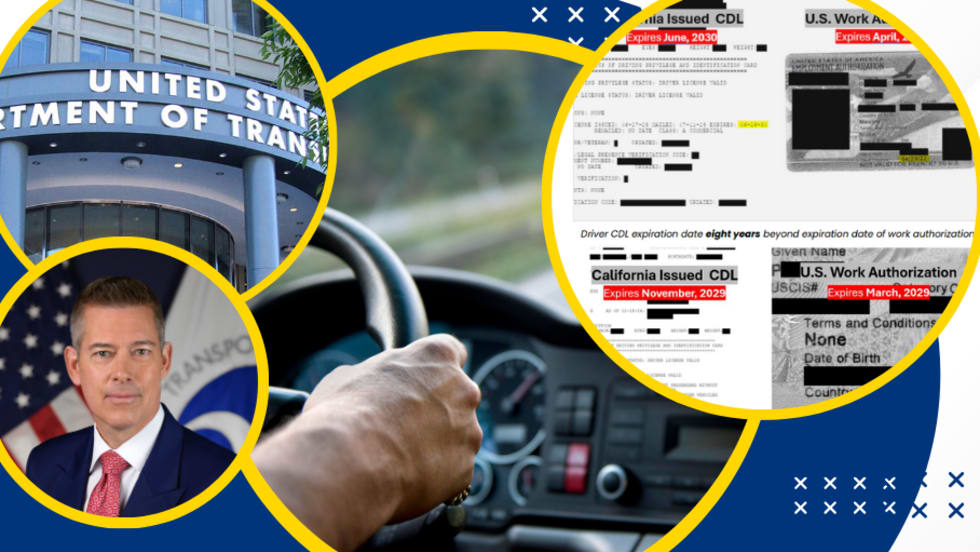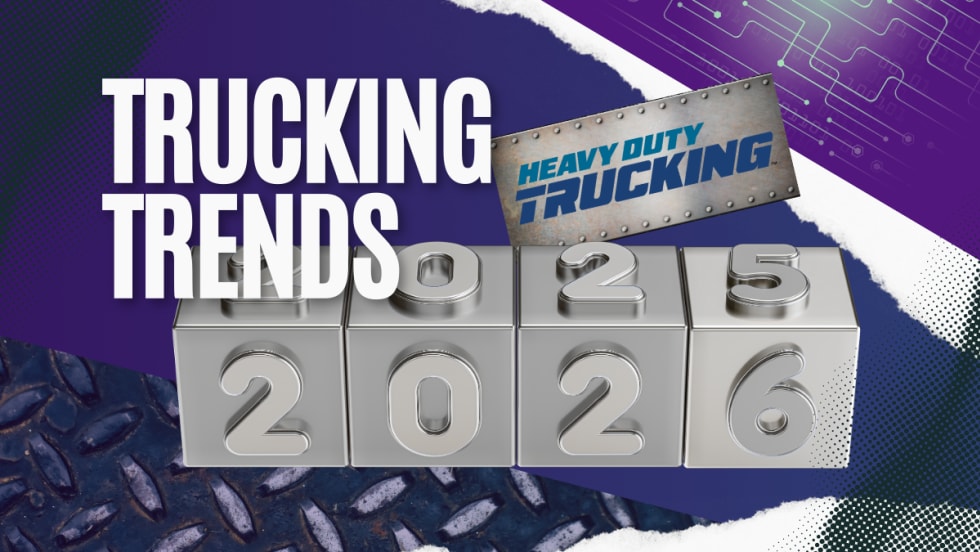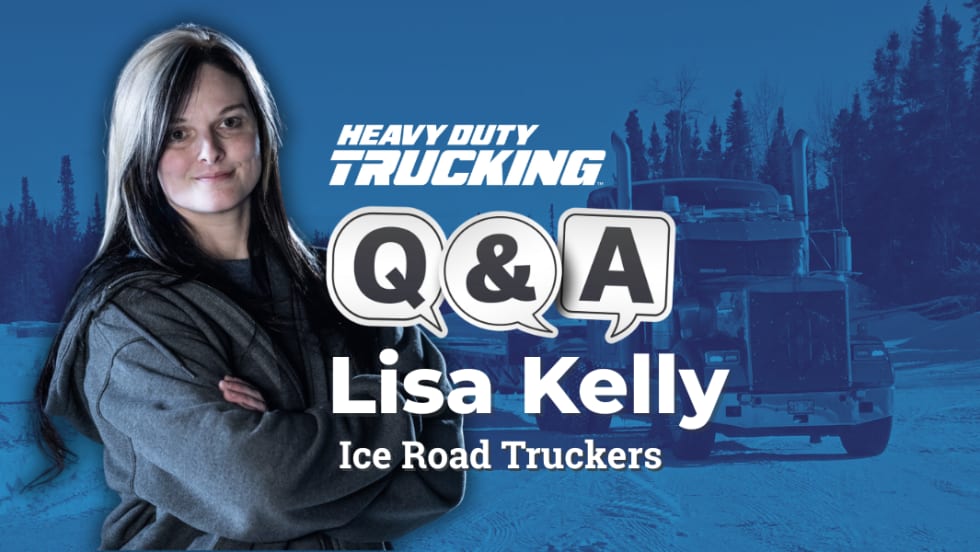The California Labor Commissioner's Office has published a list of port trucking companies with unpaid final court judgements, tax assessments or tax liens as part of the state’s crackdown on what it views as unlawful employment practices at the ports.
Outgoing California Governor Jerry Brown (D) signed a bill last September that would hold retailers partly accountable for working with trucking companies that had a record of labor violations.
Under that law, any retailer that works with one of the trucking companies on the published list will be risking liability should the company commit any more labor violations, such as failing to pay proper truck driver wages, imposing unlawful expenses on its employees, not remitting payroll taxes, failing to provide workers compensation insurance, or misclassifying employees as independent contractors.
"Companies are on notice that if they contract with a known wage thief, they will be held responsible for the exploitation of the drivers who carry their goods," said Julie A. Su, California Labor Commissioner. "This new law incentivizes trucking companies to pay up on judgments and put earned wages into drivers' pockets.”
Companies on the list were given advanced notice before it was published and the Labor Commissioner’s Office will remove companies who have paid any money owned or approved a settlement agreement within 15 days of a confirmation.
The list will be updated at least once a month.
By discouraging retailers from working with companies that engage in these practices, the hope is that companies will be put under more pressure to comply with state labor laws. The law faced opposition from the Harbor Trucking Association, a group that represents port trucking companies and other drayage stakeholders on the West Coast.
While the HTA worked with lawmakers to address its concerns with the bill while it was being drafted, it opposed the final version of the law and told Heavy Duty Trucking when it was passed that the bill could hurt businesses and may set a precedent for excessive regulation in the future.
According to the Labor Commissioner’s Office, there have been more than 1,000 port trucking wage claims since 2011.
Of those claims, the state ruled in favor of the truck drivers in 448 cases, resulting in more than $50 million in wages owed. Many of these claims stemmed from the practice of port trucking companies using independent contractor drivers rather than full employees.
While independent drivers are commonplace in the trucking industry, California has consistently ruled against trucking companies that use independent contractors as a tactic to avoid paying drivers proper wages and benefits that would be owed to a full employee, a practice labeled driver misclassification.
It is argued in these cases that the drivers are not independent of the companies at all since they can only work for a single company at a time and often lease trucks from the same company, resulting in wages that are below the state’s minimum wage.




